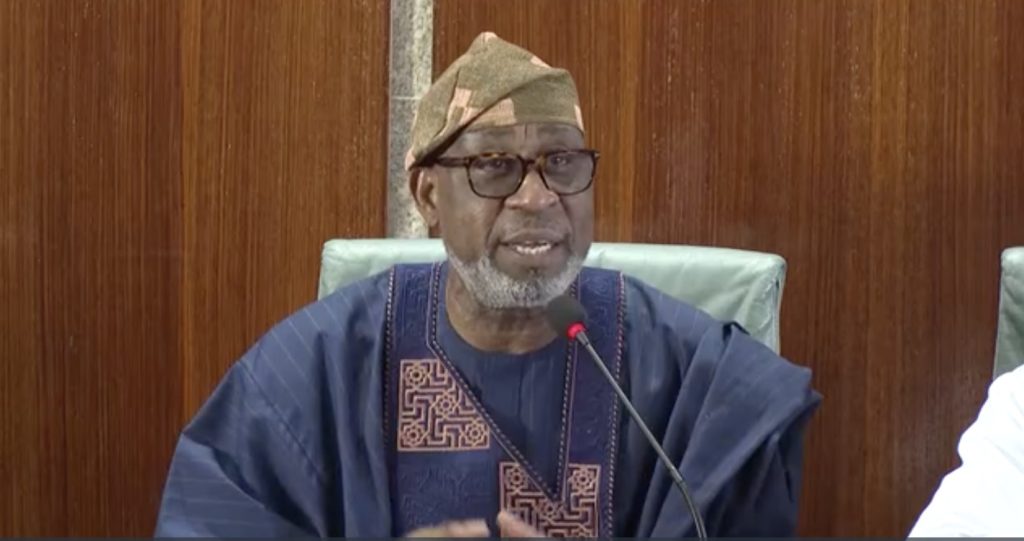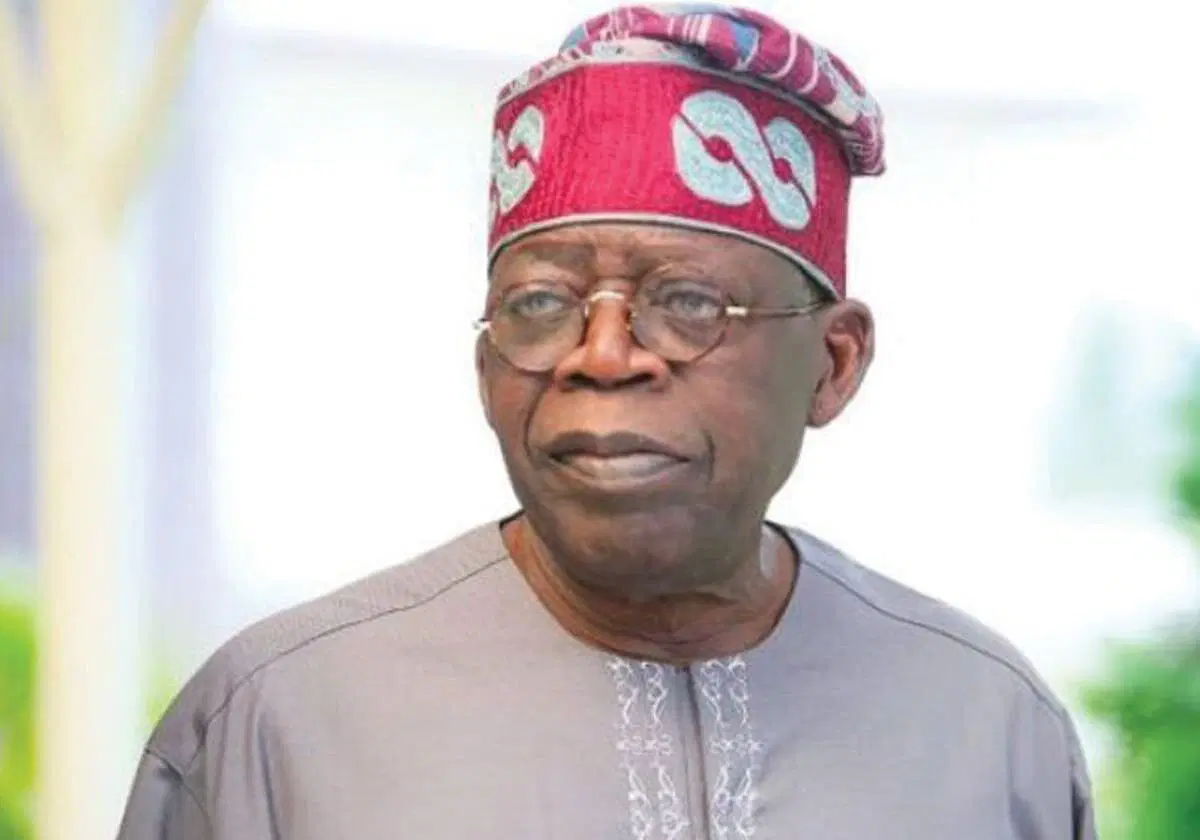President Bola Tinubu’s ambitious reforms in Nigeria’s solid minerals sector have resulted in a dramatic surge in both revenue and foreign investment, according to the Minister of Solid Minerals Development, Dr Dele Alake. Speaking in a feature interview for an upcoming State House documentary marking the President’s second year in office, Alake revealed that the sector recorded over $800 million in processing projects in 2024 alone and witnessed a six-fold increase in revenue.
The minister attributed this growth to policies that prioritise local value addition and a more stringent licensing framework. Notably, the sector generated more than ₦38 billion in 2024, compared to just ₦6 billion the previous year—despite receiving only 18% of its ₦29 billion allocated budget.
“These investments follow the administration’s insistence that no miner gets a license without a clear local processing plant. The days of exporting raw minerals from pit to port are over,” Alake said.
Among the major developments is a $600 million lithium processing facility located near the Kaduna-Niger border, which is due for commissioning this quarter. Additionally, a $200 million lithium refinery on the outskirts of Abuja is nearing completion, with two further plants in Nasarawa expected to be operational before the third quarter of 2025.
Highlighting the improved efficiency of regulatory bodies, Alake disclosed that in the first quarter of 2025 alone, the Mining Cadastral Office and the Mines Inspectorate recorded ₦6.9 billion and ₦7 billion in revenue, respectively. He predicted that the current year could break all previous records for the sector.
The government has also committed ₦1 trillion to mineral exploration, aimed at producing internationally certified geological data. Alake pointed out that Nigeria had lagged far behind its African peers in exploration investment, having spent only $2 million before the reforms, compared to $40 million in Sierra Leone, $148 million in Côte d’Ivoire, and over $300 million in South Africa.

“Exploration is key. When we came in, Nigeria had spent just $2 million on exploration… No serious investor will touch your sector without credible data,” he said.
The Minister also highlighted measures taken to combat illegal mining and integrate informal miners into the formal economy. Over 300 illegal miners were arrested last year, with 150 prosecutions underway and nine convictions secured, including of foreign nationals.
“We adopted both kinetic and non-kinetic strategies. While enforcement has yielded results through the Mining Marshals, we’re also empowering locals by formalising them into cooperatives, making them eligible for finance and revenue sharing,” Alake explained. Over 250 cooperatives have already been established across the country.
In a significant diplomatic achievement, Nigeria now chairs the African Mineral Strategy Group, a newly formed continental bloc committed to local value addition and fairer mineral trade practices. This leadership position followed Nigeria’s strong showing at the 2024 Future Minerals Conference in Riyadh.
“This was a direct result of Nigeria’s position at the 2024 Future Minerals Conference in Riyadh. We’re leading Africa in saying: no more raw material exports without domestic beneficiation,” said Alake.
Investor confidence is also reportedly rising. Alake mentioned growing interest from major global stakeholders, including officials from the UK, US, Saudi Arabia, and the UAE.
“The former British Deputy Prime Minister personally invited me to Downing Street to discuss their interest in Nigerian lithium,” Alake shared. “The U.S. is also looking to diversify from China and sees Nigeria as a viable alternative.”
With improved regulation, rising investor interest, new revenue channels, and a focus on job creation and technology, Nigeria’s solid minerals sector is fast becoming a cornerstone of the Tinubu administration’s economic diversification strategy.
“Nigeria has not had it this good in the solid minerals sector. We’re restoring confidence, building data, enforcing the law, and returning value to Nigerians from their resources,” the minister said.
He concluded by revealing that the Mining Cadastral Office had received over 10,000 applications from both domestic and international investors in the first quarter of 2025 alone, a clear indicator of the renewed vitality in the sector.


 Trending
Trending 